Aphids on brussel sprouts
beachbum44
10 years ago
Related Stories
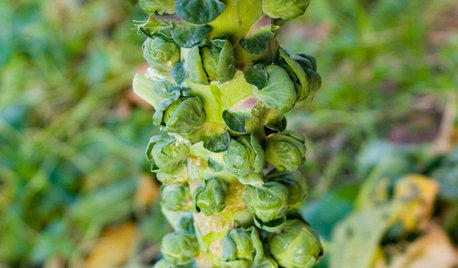
COOL-SEASON CROPSCool-Season Vegetables: How to Grow Brussels Sprouts
If you love 'em (you know who you are), fall and spring are the right times for planting these veggies in your edible garden
Full Story0
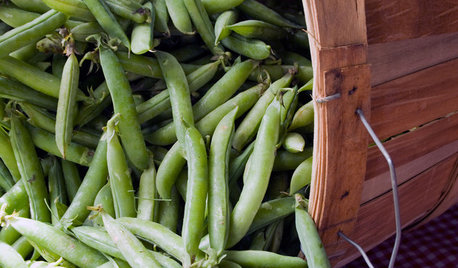
GARDENING GUIDES11 Favorite Edibles for Your Cool-Season Garden
Plant crunchy carrots, crisp radishes, tender peas and other vegetables for fall and spring harvests
Full Story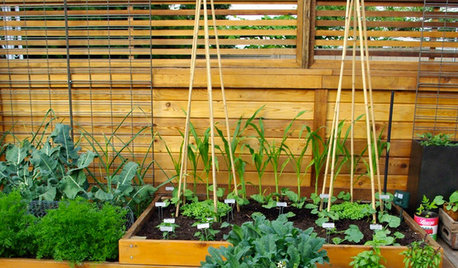
SHOP HOUZZShop Houzz: Create Your Own Farm-to-Table Experience
Create an edible garden with these tools, seeds and planters — then enjoy the bounty at your table
Full Story0
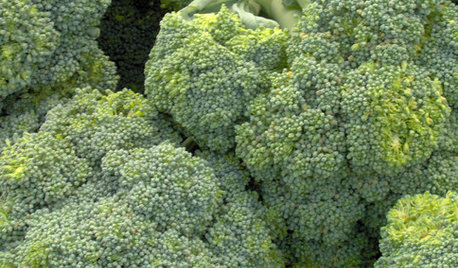
COOL-SEASON CROPSCool-Season Vegetables: How to Grow Broccoli
Packed with vitamins, broccoli is a nutritional powerhouse and is easy to grow in a fall or spring garden
Full Story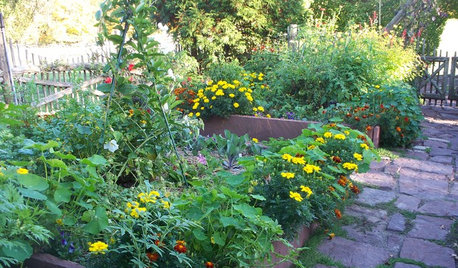
GARDENING GUIDESOrganic Matters: Thwart Insect Pests With Trap Crops
Add a few sacrificial plants to your garden to lure insects away from the harvest
Full Story
FALL GARDENING7 Reasons Not to Clean Up Your Fall Garden
Before you pluck and rake, consider wildlife, the health of your plants and your own right to relax
Full Story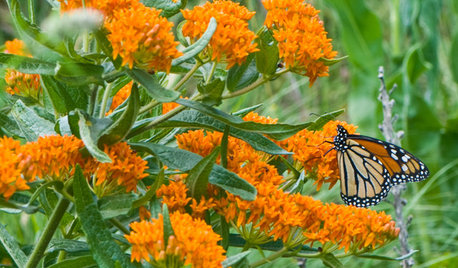
GARDENING GUIDESGreat Design Plant: Butterfly Milkweed, a Beacon in the Prairie
Vivacious orange flowers for you, nectar for the butterflies and bees. Asclepias tuberosa is worth planting for more reasons than one
Full Story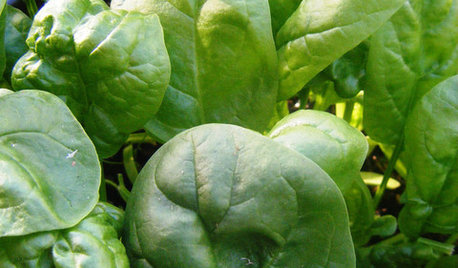
COOL-SEASON CROPSCool-Season Vegetables: How to Grow Spinach
Chock-full of antioxidants and iron, spinach is a nutrient-rich addition to your fall or spring garden
Full Story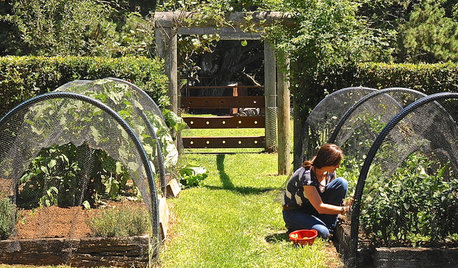
FARM YOUR YARDHouzz Call: Home Farmers, Show Us Your Edible Gardens
We want to see where your tomatoes, summer squashes and beautiful berries are growing this summer
Full Story
HOUSEPLANTSHow to Force Amaryllis Bulbs Indoors
Enjoy vibrant red blossoms even as gardens turn snowy white, by teaching this hardy repeat performer to ignore the calendar
Full StoryMore Discussions






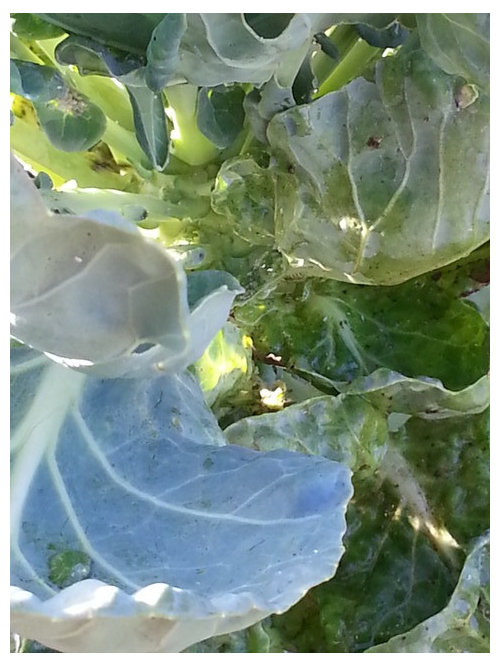
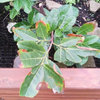

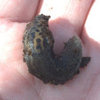
rhizo_1 (North AL) zone 7
Kimmsr
Related Professionals
Maple Valley Landscape Architects & Landscape Designers · Hyattsville Landscape Architects & Landscape Designers · Severn Landscape Architects & Landscape Designers · Frisco Landscape Contractors · Manchester Landscape Contractors · Bell Gardens Landscape Contractors · Blue Springs Landscape Contractors · Cambridge Landscape Contractors · Hilo Landscape Contractors · Indio Landscape Contractors · Mastic Beach Landscape Contractors · New Baltimore Landscape Contractors · New Brighton Landscape Contractors · San Carlos Park Landscape Contractors · Welby Landscape Contractorsgardengal48 (PNW Z8/9)
Kimmsr
botanybob
rhizo_1 (North AL) zone 7
gardengal48 (PNW Z8/9)
scorpman1
rhizo_1 (North AL) zone 7